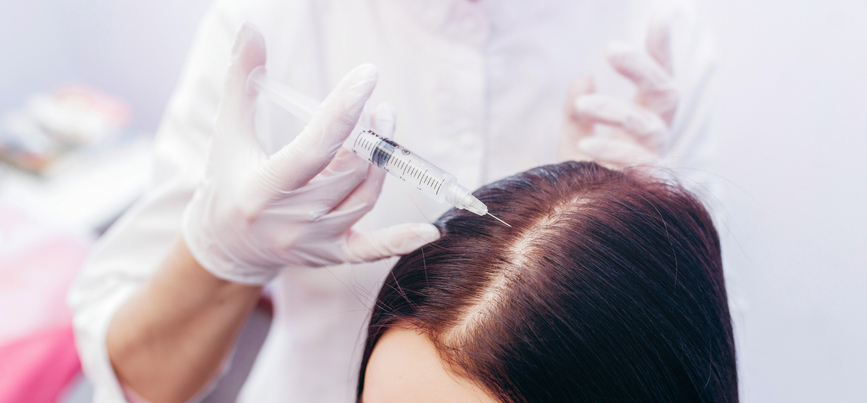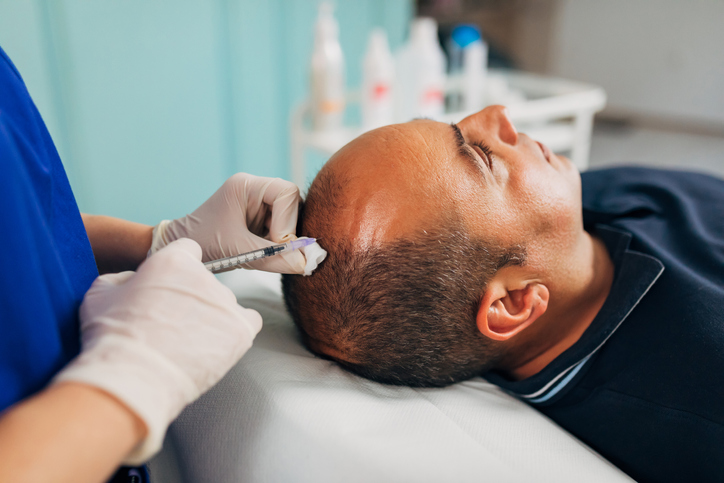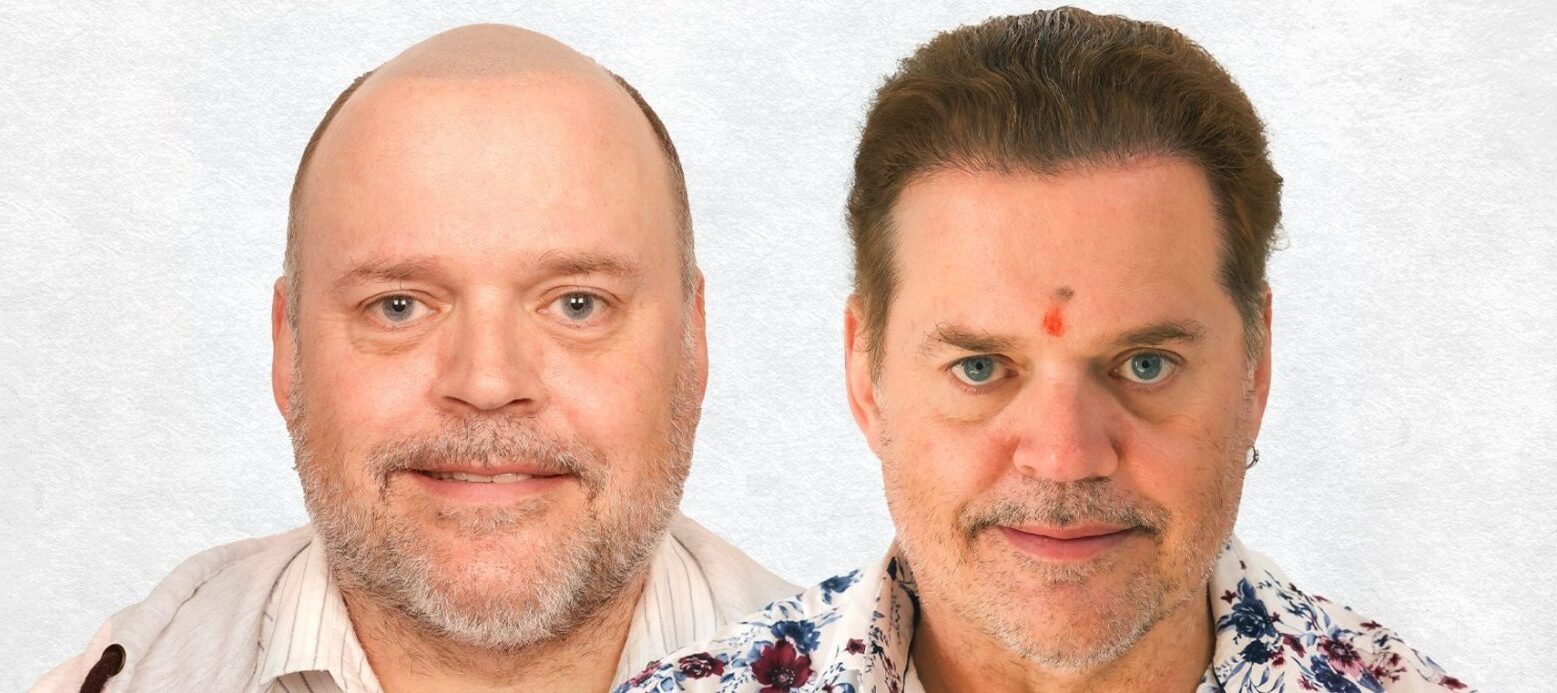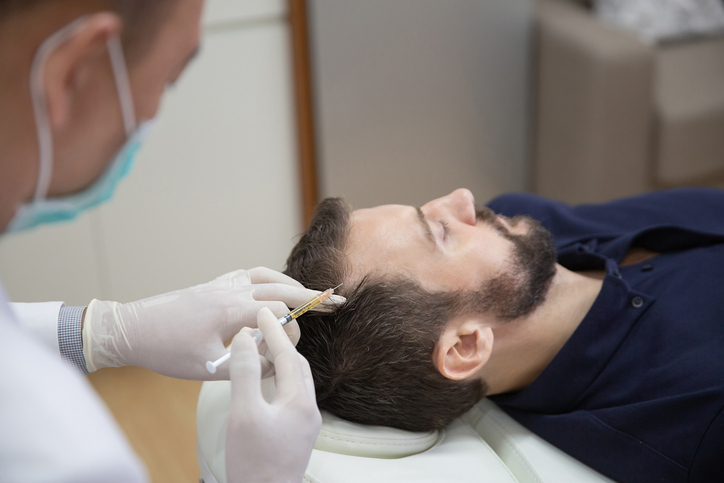Follicular Unit Extraction (FUE) is a popular and minimally invasive surgical technique for hair transplantation. If you have made the decision to undergo an FUE hair transplant, proper preparation is crucial for a successful procedure and optimal results. Here are some important steps and considerations to help you prepare for FUE hair transplant surgery.
Choose a Skilled Surgeon and Clinic:
The first and most critical step is to choose a skilled surgeon and reputable clinic that specialises in hair transplantation. Research various clinics, read patient reviews, and assess the qualifications and experience of the surgeons. Schedule consultations to meet with potential surgeons, discuss your goals and concerns, and evaluate their recommendations. Selecting a competent surgeon ensures a higher likelihood of achieving natural-looking results and a positive surgical experience.
Consultation and Pre-Operative Assessment:
During your consultation, the surgeon will evaluate your hair loss pattern, scalp condition, and donor hair availability. They will assess your overall health, medical history, and medications to determine your candidacy for FUE hair transplant surgery. The surgeon will discuss the expected outcomes, realistic expectations, and potential risks involved. This is also an opportunity to address any questions or concerns you may have.
Medication Review:
It is important to inform your surgeon about any medications you are currently taking, including over-the-counter medications, supplements, and herbal remedies. Some medications can interfere with the surgical process or affect the healing process. The surgeon may ask you to temporarily discontinue certain medications or adjust the dosage as necessary. Follow the instructions provided by your surgeon regarding medication use before and after the surgery.
Smoking and Alcohol:
Smoking and excessive alcohol consumption can negatively impact the healing process and the success of the hair transplant surgery. Both smoking and alcohol can impair blood circulation and compromise the body’s ability to heal. It is advisable to refrain from smoking and minimize alcohol intake for a few weeks before and after the surgery to promote optimal healing and reduce the risk of complications.
Lifestyle Adjustments:
Certain lifestyle adjustments may be necessary in the days leading up to the surgery. Avoid excessive sun exposure, as a sunburn or tanned scalp can affect the surgical process. It is also recommended to maintain a healthy diet, stay hydrated, and get sufficient rest to promote overall well-being and ensure a smoother recovery.
Shampooing and Hair Care:
Your surgeon will provide specific instructions on how to prepare your scalp for the surgery. This may include washing your hair with a special shampoo the night before or on the morning of the procedure. Follow these instructions carefully to ensure a clean and suitable scalp environment for the surgery. It is important to avoid using any styling products, such as gels or hairsprays, before the surgery.
Transportation Arrangements:
FUE hair transplant surgery is typically performed on an outpatient basis, meaning you can return home on the same day. However, it is essential to arrange for transportation to and from the clinic, as you may experience mild sedation or discomfort following the procedure. Having someone accompany you will provide support and ensure a safe journey back home.
Post-Surgery Preparation:
Prepare your home environment for a comfortable recovery. Stock up on soft pillows to support your head during sleep and gather any recommended post-surgery supplies, such as sterile saline solution for rinsing the recipient area. Prepare meals in advance, as you may prefer to have easy-to-eat meals readily available during the first few days of recovery. It is also advisable to arrange for some time off work to allow yourself sufficient rest and minimize any potential stress during the initial healing phase.
Follow Pre-Operative Guidelines:
Your surgeon will provide detailed pre-operative guidelines tailored to your specific needs. These may include instructions on fasting before the surgery, avoiding caffeine, and wearing loose, comfortable clothing on the day of the procedure. Adhering to these guidelines will help ensure a smooth and successful surgery.
By following these steps and preparing adequately for FUE hair transplant surgery, you can enhance the likelihood of a positive outcome and a smoother recovery process. Remember to maintain open communication with your surgeon, ask questions, and address any concerns you may have to get maximum benefit of FUE hair transplant. With proper preparation and the expertise of a skilled surgeon, you can embark on your hair restoration journey with confidence and look forward to natural-looking, long-lasting results.





